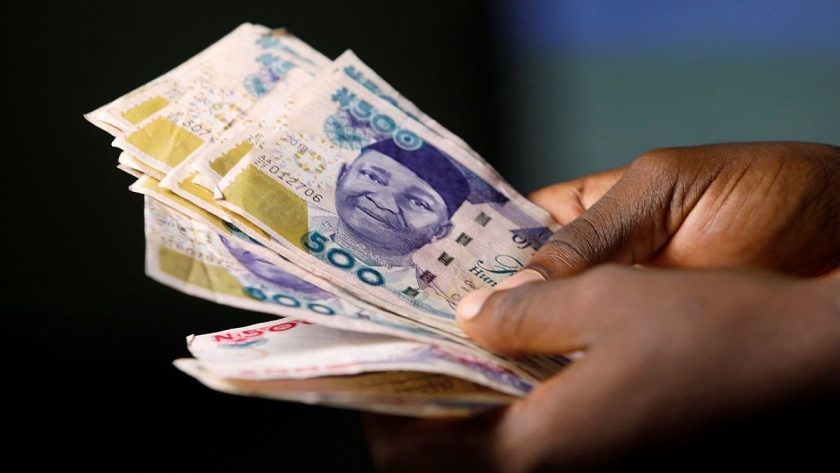Nigerian Treasury Bills Yield Falls Below 20%, OMO Rate Dips
The average yield on Nigerian Treasury bills (NTB) has fallen below 20%—the first time in a long time—as investors continue to ramp up the naira assets in the absence of a midweek primary auction (PMA).
For two consecutive weeks, the Central Bank of Nigeria (CBN), through the Debt Management Office (DMO), has not conducted a primary market auction for Treasury bills. This has fueled trading activities in the secondary market, with investors maintaining focus on assets with long durations.
Yesterday, the Nigerian Treasury bill market ended the proceeding on a bullish note, as the average yield contracted by 20 bps to 19.9%. Across the curve, the average yield expanded at the short (-18 bps), mid (-48 bps), and long (-6 bps) segments, where fixed interest income spotted value in the absence of new issuance.
The yield contraction was driven by the demand for the 78-day to maturity bills (-46 bps), 141-day to maturity bills (-130 bps), and 232-day to maturity bills (-63 bps), respectively.
Similarly, the OMO bills market rallied after the CBN floated N600 billion auction at the beginning of the week and raised more than the amount it offered. The total subscription surpassed the amount offered slightly, resulting in a moderate number of rejections.
At the close of trading activities, the average yield on Nigerian OMO bills contracted by 39 bps to 25.7%. Demand focused on both benchmark and off-benchmark NTB and OMO bills. Bullish sentiment is likely to continue, driven by healthy market liquidity.
A slew of analysts projected that the yield on Nigerian Treasury bills, FGN bonds, and OMO bills will retreat in the second half of the year due to disinflation and potential monetary easing. This, however, will raise additional risk of capital outflow, suggesting a high interest rate environment may persist.
In the first half fixed income yields have declined due to a multitude of factors—including high liquidity levels and tight bond supply, among others. Money Market Rates Fluctuate as Banks Settle Tax Payments

